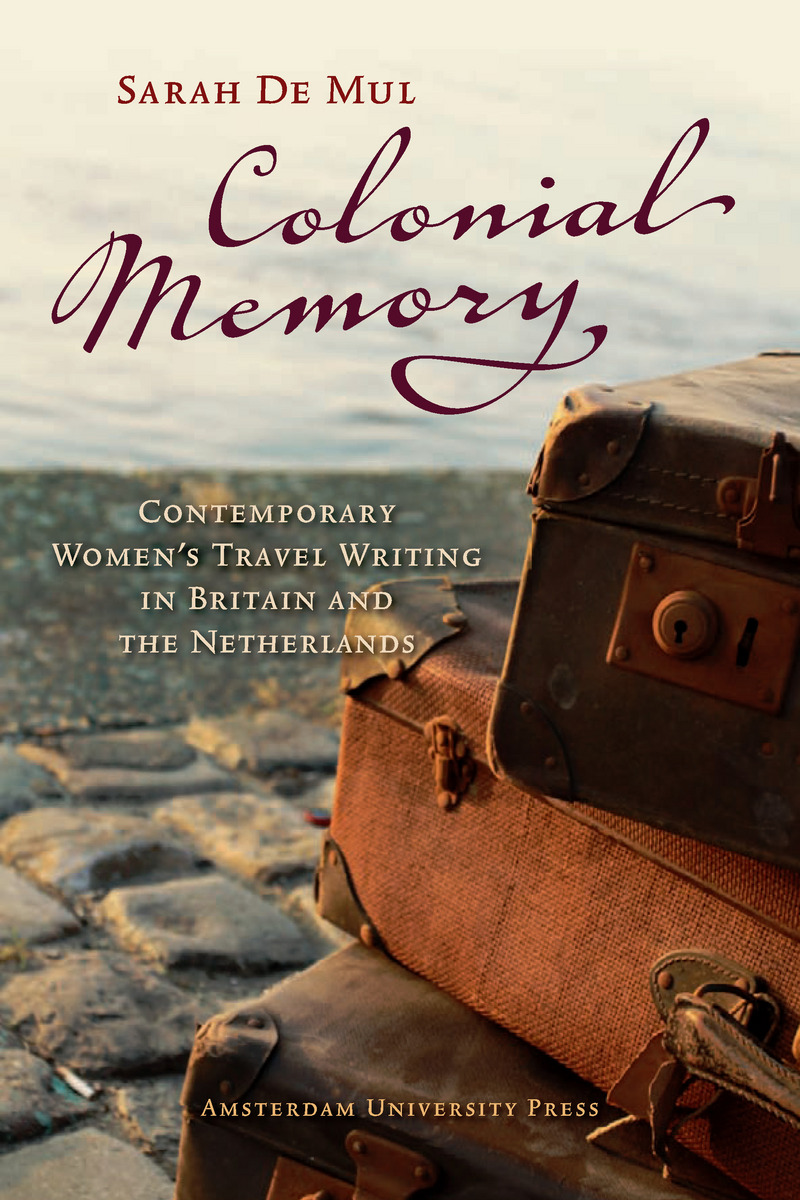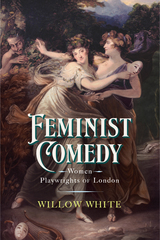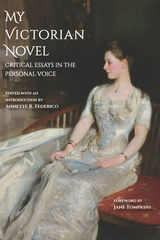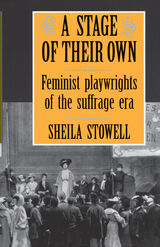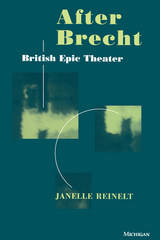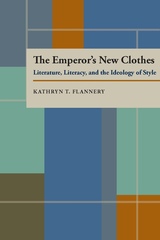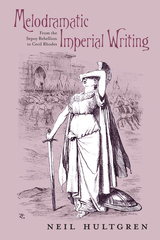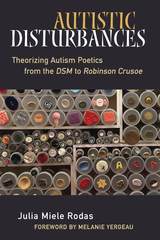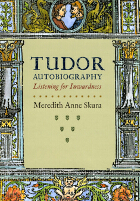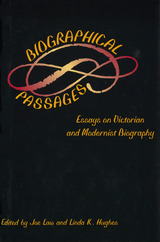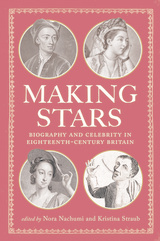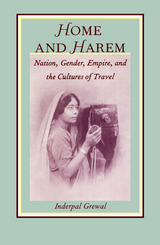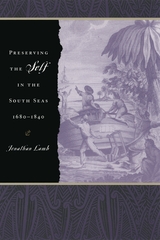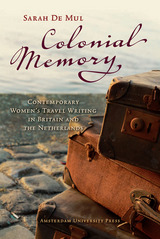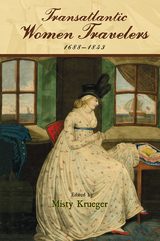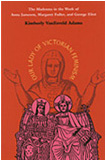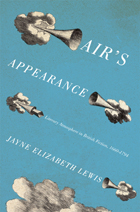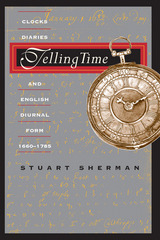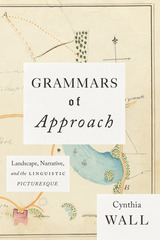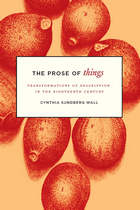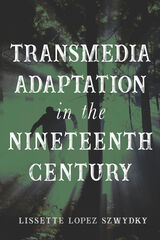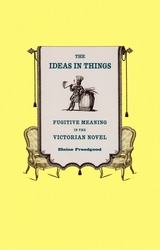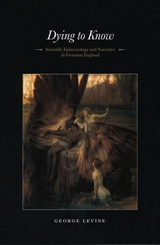Colonial Memory: Contemporary Women’s Travel Writing in Britain and The Netherlands
Amsterdam University Press, 2011
Paper: 978-90-8964-293-6 | eISBN: 978-90-485-1385-7
Library of Congress Classification PR756.T72M85 2011
See other books on: Britain | English prose literature | Imperialism in literature | Netherlands | Postcolonialism in literature
See other titles from Amsterdam University Press
Paper: 978-90-8964-293-6 | eISBN: 978-90-485-1385-7
Library of Congress Classification PR756.T72M85 2011
ABOUT THIS BOOK | AUTHOR BIOGRAPHY | REVIEWS | TOC
ABOUT THIS BOOK
Exploring the intersections of memory, gender, and the postcolonial, Colonial Memory explores the phenomenon of colonial memory through the specific genre of women’s travel writing. Building on criticism of memory and travel writing, Sarah De Mul seeks to open Dutch literature to postcolonial themes and concepts and to insert the history of the Dutch colonies and its critical recollection into the traditionally Anglophone-dominated field of postcolonial studies.
“A vividly conceived and theoretically astute reading of the complicated weavings between the past and present involved in memory work and the process of nostalgic return.”—Elleke Boehmer, University of Oxford
See other books on: Britain | English prose literature | Imperialism in literature | Netherlands | Postcolonialism in literature
See other titles from Amsterdam University Press
